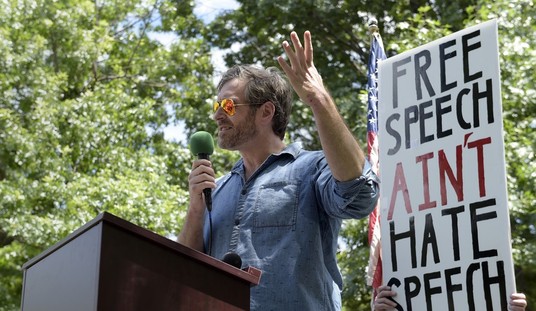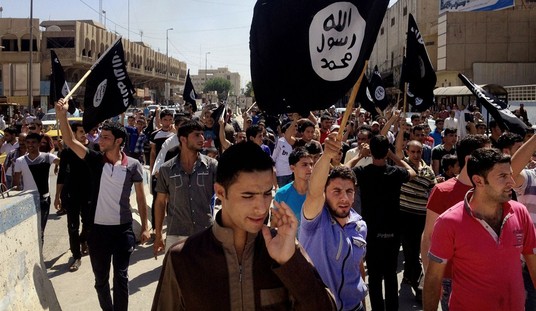While top appointees of the U.S. government must face the rigor of confirmation hearings, in which there is an opportunity for lawmakers and voters to learn plenty about who they are and what they’ve done, at the UN there is no such requirement. Most top-level appointments are presented to the public simply as a fait accompli, with a brief bio, disclosing little and in some cases obfuscating a great deal. Why doesn’t the public deserve to hear a lot more about the criteria, qualifications, and selection process?
Take, for example, the appointment by Secretary-General Ban Ki-moon, announced Friday, of a Russian, Dmitry Titov, to the newly created post in the peacekeeping department of Assistant-Secretary-General for Rule of Law and Security Institutions. That sounds like an important job, given the cloud of sex scandals, smuggling scandals, procurement bribery scandals, financial scams and other abuses emanating from UN peacekeeping operations — especially in Africa.
And who is Titov? From the brief, six paragraph bio provided by the UN, we learn that since 1998 — a period encompassing the roster of abuses above — he has been the director of the UN peacekeeping department’s Africa Division. We are also told that prior to to joining the UN in 1991, Dmitry Titov served “in his country’s diplomatic service, working primarily on Security Council matters” — which of course means that he was a diplomat not of Russia, but of the former Soviet Union, though the UN bio writers somehow fail to spell that out. We learn that Titov, born in 1950, was schooled at the Soviet Union’s elite Moscow State Institute for International Relations (MGIMO). We are not told what year he graduated, but can infer it was during the era in which MGIMO excelled in training its students to propagate the Soviet Union’s ruthless, opportunistic and destructive foreign policy — not in how to cultivate democratic institutions.
It is of course possible that Titov has overcome this unfortunate background, and that somewhere along the way he has tutored himself in democratic standards and methods of law and security policy, despite a career in which he went straight from the Soviet foreign service into the unaccountable, outside-the-law bureaucracy of the UN. It is even possible that there is some explanation for why anyone who held high-level responsibility for the performance of UN peacekeeping operations in Africa over the past nine years would be considered eligible for a UN post above the level of coat-check clerk. But what is that explanation? What exactly has Titov been doing during his long career of Soviet and UN service? What exactly in his record accounts for Ban’s decision that he is the best man for Rule of Law and Security Institutions in the UN’s multi-billion dollar ever-expanding department of peacekeeping?
Right now, 25% of the UN peacekeeping budget is funded by the U.S. (with Congress on its way to increasing that to 27%), while only 1.3% is funded by Russia. One might reasonably argue that Ban should choose his top appointees strictly on merit, regardless of how much or how little their countries contribute. But in all this endless UN “reform,” when do we start getting much more than vague and potted after-the-fact bios to explain the records and merits of the UN’s high-level appointees? They are entrusted with spending billions of U.S. tax dollars to shape policies of global importance. Titov’s appointment is just one case out of many. Who are these guys?









Join the conversation as a VIP Member